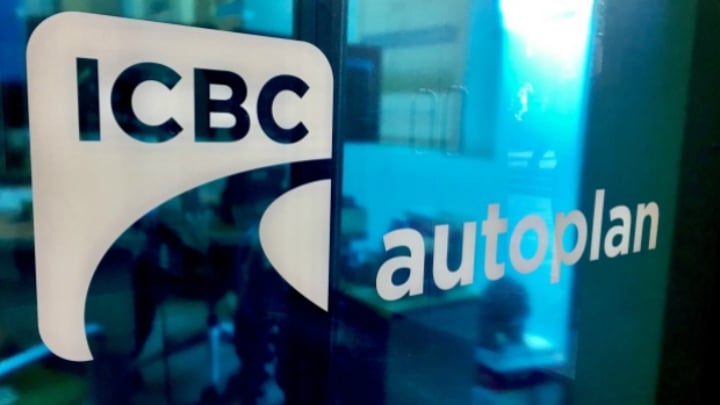
The BC Government has released its latest review of ICBC’s financial situation and the numbers show COVID-19 has thrown projections into disarray.
The government said that the review, which captures data from since the start of the provincial state of emergency, shows both positive and negative financial impacts on ICBC’s bottom line.
“ICBC is in a challenging position due to the pandemic, faced with uncertain and unprecedented turmoil in the markets, combined with no financial buffer as a result of the old government’s mismanagement,” said David Eby, Attorney General.
In the roughly six-week period between March 15 and May 2, ICBC said it opened 46% fewer accident claims compared to the same time last year. The organization states this is an average weekly reduction of 7,200 claims, which equated to around $158 million in savings.
On the other hand, ICBC said more than 150,000 customers cancelled (103,700) or lowered their rate class (57,561) for their insurance policies.
These rate decreases resulted in a projected $283 million decline in insurance premiums when compared to the same time last year, according to ICBC.
Eby claimed during a press conference on Thursday that if ICBC has a surplus at the end of the fiscal year, any additional net income will benefit customers.
“There are more than 10 months to go in the fiscal year and many unknowns, but if ICBC’s bottom line ends up better than expected, any surplus will be used to benefit B.C. drivers. In the meantime, we’re focused on supporting people through payment deferrals and making it easier for people to cancel or change their insurance, and on bringing in Enhanced Care coverage next year to save people an average of $400 on their insurance,” said Eby.
Eby adds that the customer benefit could be in the form of a rate cut or rebate, among other options.
At the same time, ICBC’s investments aren’t stable and if the markets drop further, the public insurer could lose billions of dollars.
“Some of this has already been seen at the end of ICBC’s 2019-20 fiscal year, and early indications suggest the impact could exceed $1 billion in fiscal 2020-21, depending on the length and scope of the global market downturn,” reads an ICBC release.
As for customers, the organization is implying they will continue to make decisions with an understanding of the significant financial toll that COVID-19 has taken on BC drivers.
“ICBC waiving cancellation and re-plating fees alone during the pandemic has saved customers around $5 million, and we will continue to work with those drivers facing financial hardship,” said Nicolas Jimenez, ICBC president and CEO. “We’re committed to delivering essential services and ensuring the safety of our customers, employees and partners. And given these uncertain times, we have a responsibility to consider many factors when making long-term decisions that could adversely affect ICBC’s bottom line – and customers’ insurance premiums – in the future.”
The organization said they are focused on implementing enhanced care coverage and delivering an average 20% rate reduction in 2021.
In addition, the auto insurance company said no basic rate change was needed this year, suggesting that the 0% rate change is the lowest in nearly a decade.
Amid the COVID-19 crisis, ICBC has waived cancellation and re-plating fees, provided 90-day deferrals and helped customers to cancel or change their coverage at no charge.




